We independently evaluate all recommended products and services. If you click on links we provide, we may receive compensation.
Longer and brighter days have us spending more time outside, getting a little more active, and basking in that precious vitamin D. You might notice that extended time in the sun makes it more difficult to stay hydrated. Extra H20 helps, of course, but hydration requires more than just water, and it’s especially important when you’re more active.
While the human body is composed of 60% water, most of us still need to drink approximately nine cups of beverages per day to keep our internal and external systems sufficiently quenched. But not all at once. In fact, drinking too much water at one time can be harmful, initiating a type of response that can leave you in worse shape than you were before. Here’s how to stay healthy and hydrated this summer and beyond.
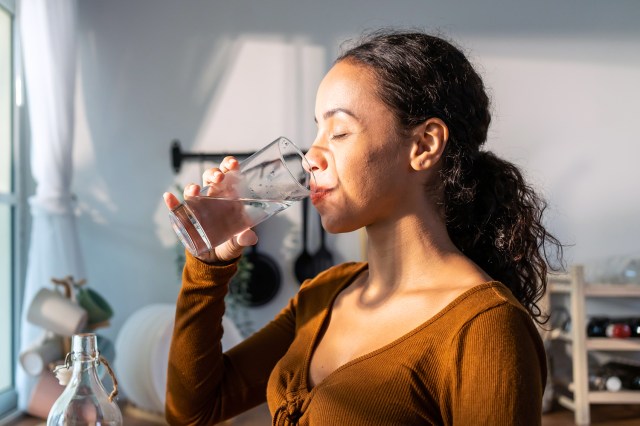
Why Drinking Water Isn’t Enough To Stay Hydrated
To be clear, drinking water is still the cornerstone of hydration. Losing 1% to 3% of body weight through even mild dehydration can reduce brain function, slow down the digestive system, and strain your kidneys.
However, how much water your body absorbs depends on the way you consume it. Chugging a bottle of water after realizing how hot and thirsty you are can trigger a bolus response, which is when the body thinks it’s taken on too much water. As a result, it will immediately begin diuresis, which is when your kidneys jump into action; you’ll likely soon have to pee, and your body won’t have had a chance to hydrate sufficiently.
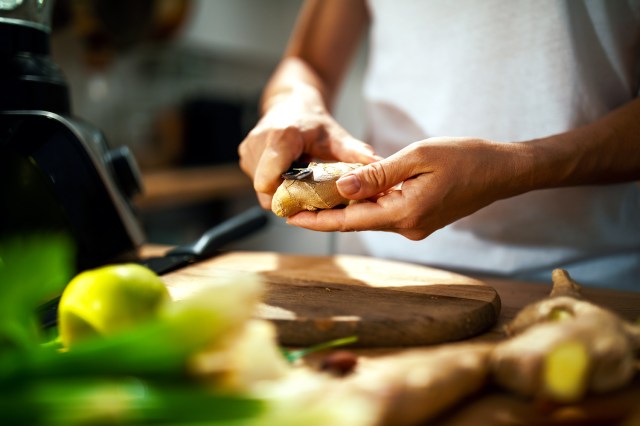
Prevent Dehydration With the Right Food Choices
The key to true hydration is balance. Dr. Dana Cohen, M.D., co-author of Quench: Beat Fatigue, Drop Weight, and Heal Your Body Through the New Science of Optimum Hydration, suggests starting the morning with water, and staying on top of your liquid intake as the day progresses.
“Start your day with a big glass of water, 8 to 16 ounces, with a squirt of lemon and a pinch of salt for electrolyte and minerals,” she says. She also recommends getting hydration through different food sources. ”Eating your water in the form of fruits and veggies is actually a much more efficient way to hydrate and counts as hydration,” she explains. “The fiber found in produce helps hold onto that hydration better than plain bulk water. Some people may only need a few glasses of water a day if they eat plenty of hydrating fruits and veggies.”
One way to do that? “Drink a green smoothie a day: lots of greens and water, blended, and then add a fruit for flavor or anything else you like, like ginger,” she advises. “Eat a side salad with lunch and dinner, and drink a glass of water before every meal.” Your body detoxifies itself through the kidneys, so staying hydrated will help them work better.
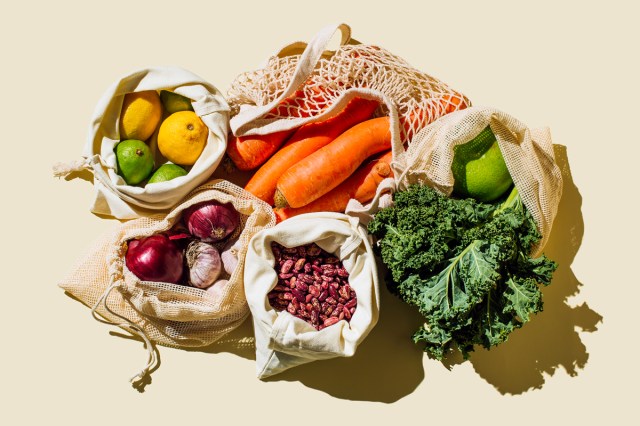
When Water Isn’t Enough
There’s a reason athletes and anybody who’s worked up a sweat will reach for a sports drink over a glass of water: When we sweat, we lose minerals and electrolytes that keep our systems in balance.
“Electrolytes matter,” Dr. Cohen says. “Sodium, chloride, potassium, calcium. We lose these when we sweat and need to replenish through food.” Eating a diet full of raw fruits and vegetables can help.
Just make sure that you don’t overdo it with sweetened sports beverages (look for low- or no-cal options) which can alter blood-glucose regulation.
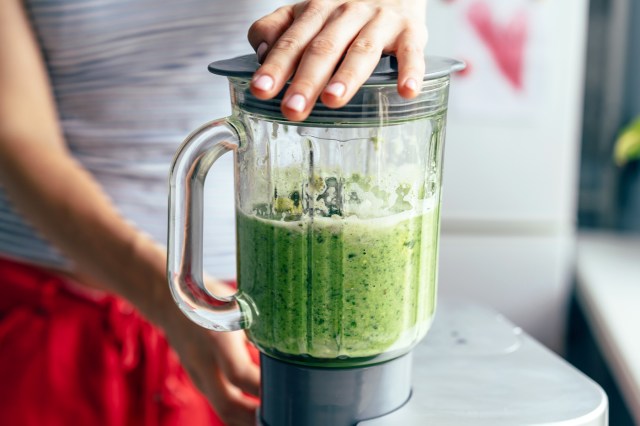
How Hydration IV Drips Help
If you’re feeling tired or like you could be getting sick, many med spas around the country now offer IV drips on demand. They claim to provide hydration, skin care benefits, and other types of wellness boosts, but experts recommend you check with a doctor before you just make an appointment.
Dr. Cohen, for her part, says, “The answer is a very individualized yes” when it comes to IV hydration drips. “I do recommend them to my patients in my practice sometimes,” she explains.
“Sometimes” is the operative word. IVs are invasive and can cause blocked veins if not given correctly. Dr. Robert Shmerling, M.D., a senior faculty member at Harvard Health Publishing, says that IV drips should typically be used in situations in which drinking or eating one’s water isn’t possible, such as when someone is severely ill and in need of medical attention.
Otherwise, your tools for hydration are simply a refrigerator away.
This article is for general informational purposes only.
Affiliate Disclaimer Medical Disclaimer



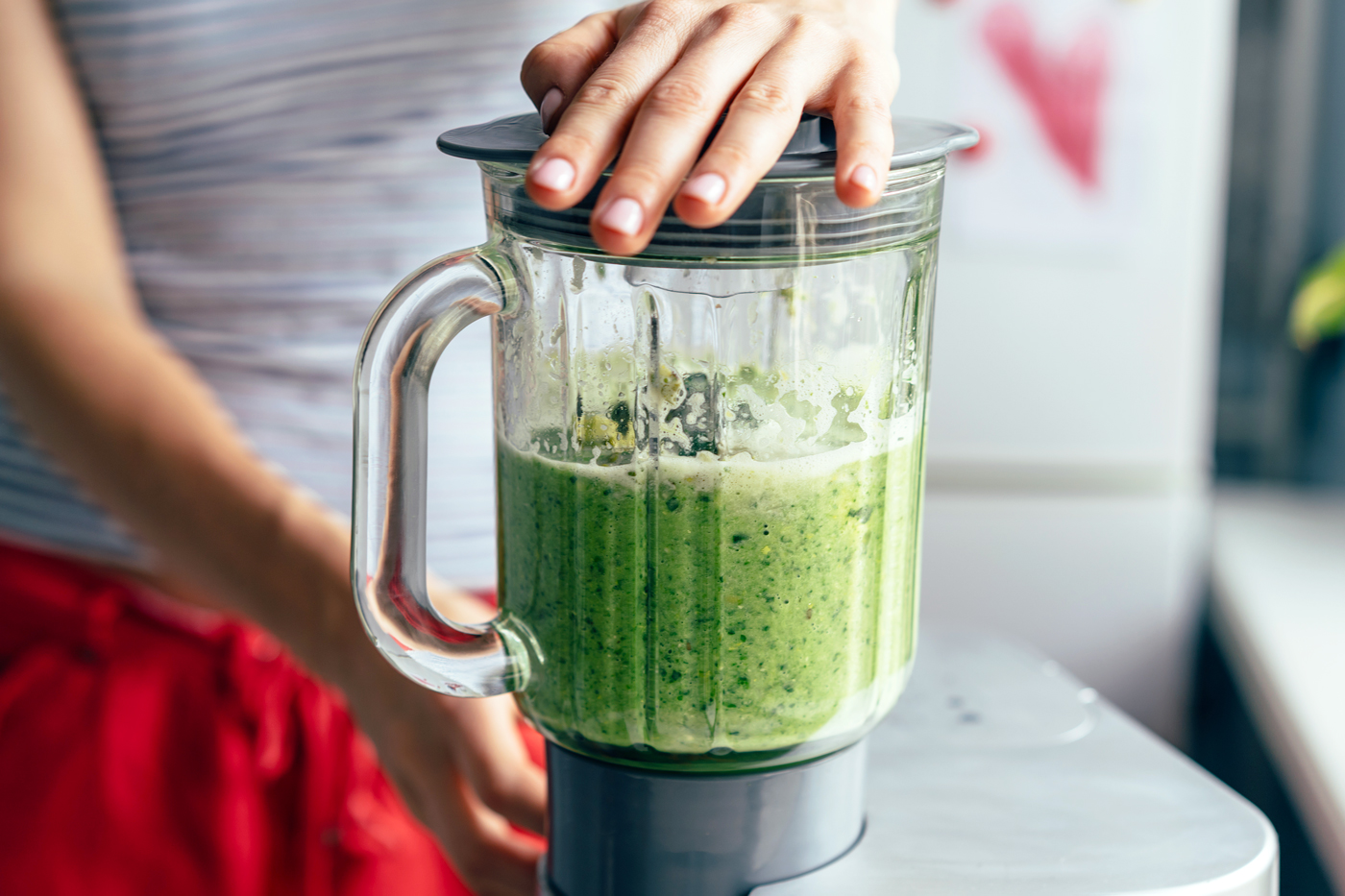
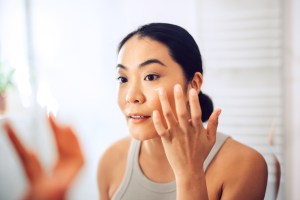
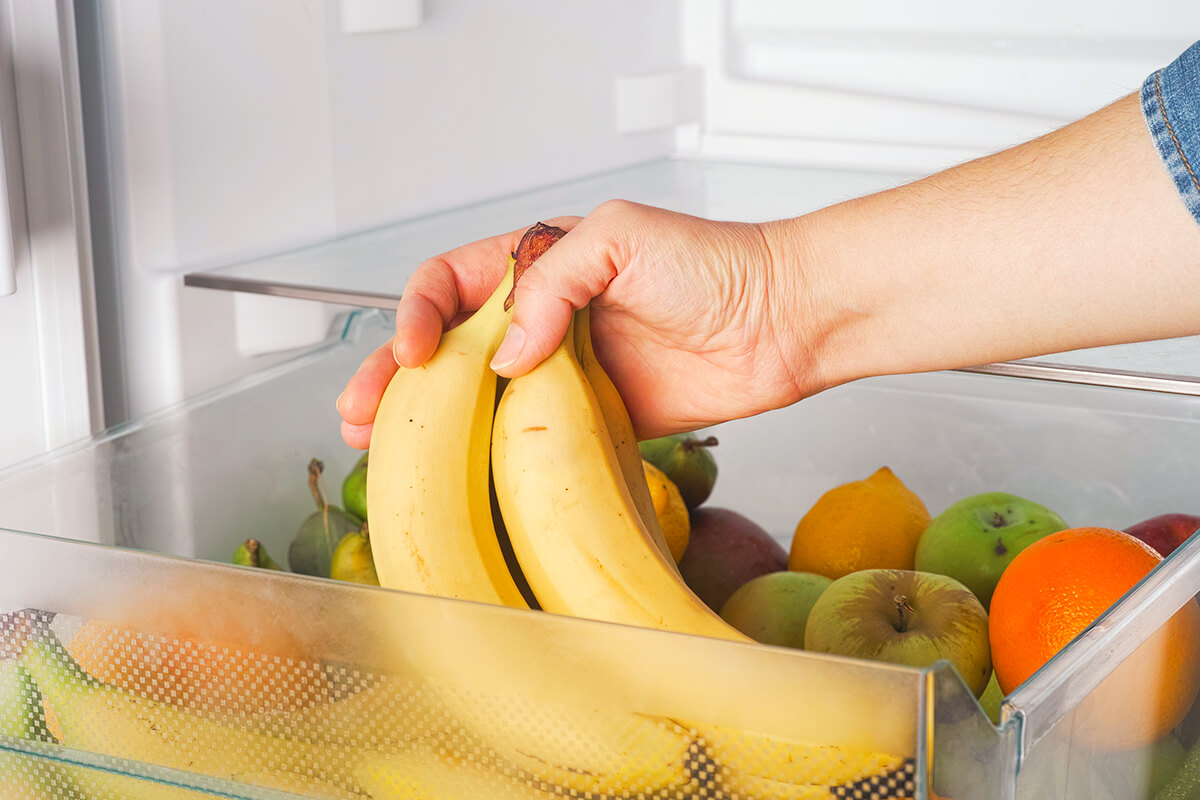


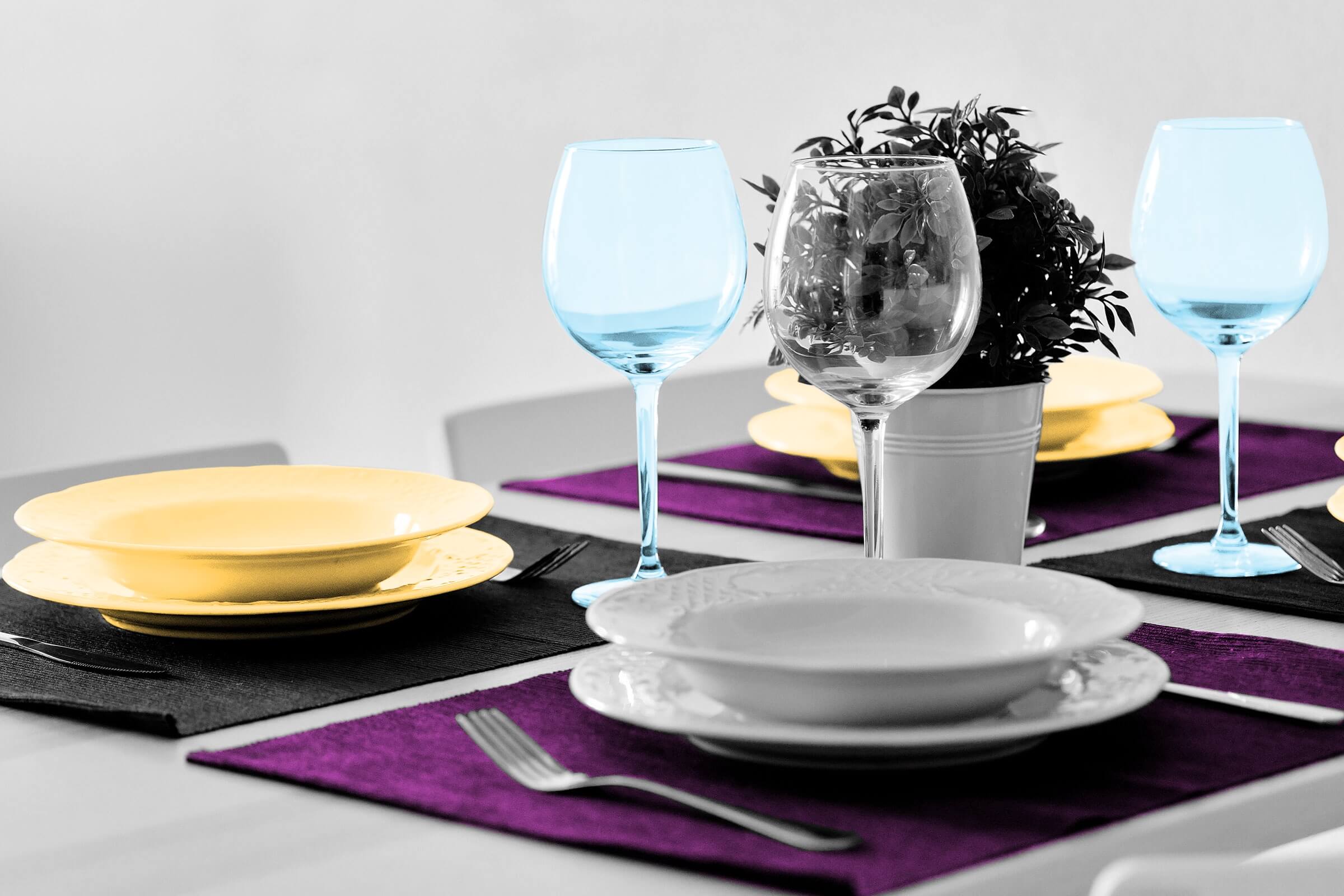

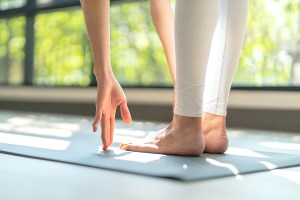


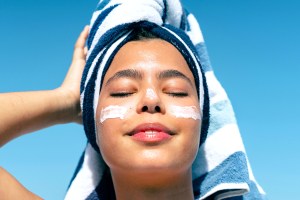


 Unique Beauty is free for all users.
Unique Beauty is free for all users.